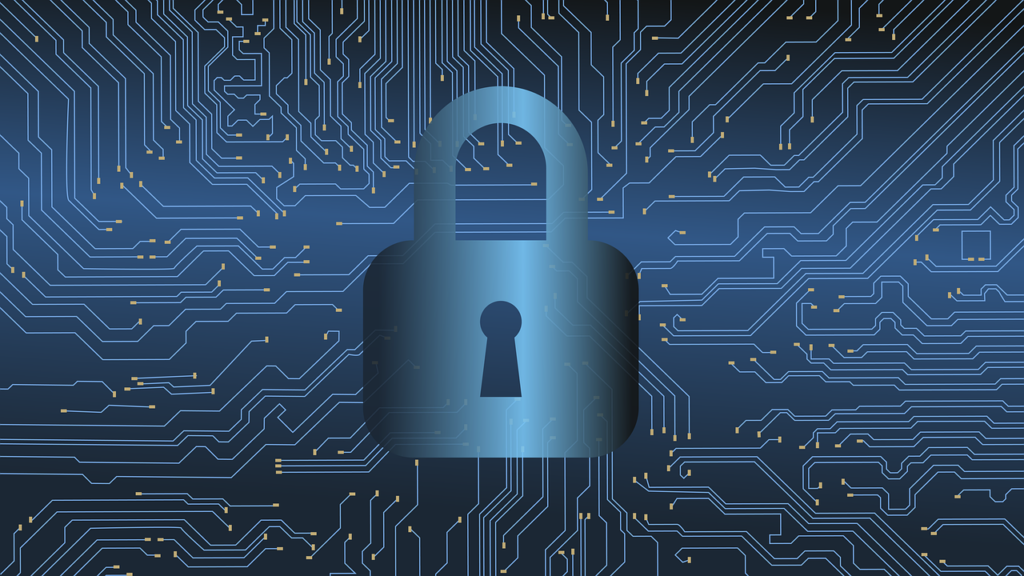Any technology use or misuse depends upon the intention of the user. The talks around us ChatGPT bring up the question, “What does ChatGPT mean for cybersecurity?” Will it help more cyber defenders or cybercriminals? Or, just balance the power?
There are several questions about ChatGPT. In this article, we will share some insights shared by our security experts on both the good and bad use of ChatGPT. But before that, let’s look at the threads about ChatGPT on the Reddit subforum r/cybersecurity to see what the industry is trying about the latest bot.- It’s decent at writing RMF (risk management framework) policies.”
- I have used it to help with writing remediation tips for pentest reports. It has some great tips and saves time googling and brainstorming.”
- Had it write a basic PowerShell script that saves a copy of the registry before and after. Useful for basic malware analysis. I personally had to mess around with it to get it to run (script execution policy and all, as well as tweaking some of the scripts to get it to run) but it served as a cool proof of concept.”
- Increased phishing quality is the only thing that comes to mind. The programming capability is okay but it’s created insecure code for me, maybe use the tool more as a specific proofread
ChatGPT for Good
ChatGPT’s cutting-edge AI technology is bound to revolutionize human-AI communication. The seamless natural language integration and understanding of human language with remarkable accuracy make this tool extremely useful for businesses to enhance productivity and efficiency.
Let’s look at how ChatGPT can be used for good in cybersecurity.
- It can automate threat hunting and incident response by analysing massive amounts of log data and other data sources to identify potential security threats and respond to security incidents. across networks, devices, servers, and cloud environments. This can further help the security team in data processing and threat hunting by using vast amounts of log data that may not be possible with any traditional tool to match the speed of ChatGPT.
- Identify patterns and anomalies to speed up the response time of security teams, enabling them to mitigate potential threats before they cause significant damage. This is especially useful if the attack is sophisticated and previously unseen. This enables security teams to proactively prepare and respond to potential threats, reducing the impact of a breach.
- Can be used in the creation of virtual agents or chatbots and can be integrated into SOCs to provide real-time assistance to security analysts. It can also be programmed to assist with a variety of tasks, including triaging security alerts, providing context on security incidents, and conducting investigations.
Potential risks and challenges associated with ChatGPT
With any new technology, there are potential risks and challenges associated, and ChatGPT is no exception. Threat actors have been using large language models such as ChatGPT to build advanced hacking tools or to ease the process. This raised concerns about data privacy and security in a thread on the dark web around “ChatGPT – Benefits of Malware,” when tested, proved to be true claims. There are various other reports where chatbots and virtual agents designed with the help of ChatGPT are used to generate malicious scripts, phishing emails, or social engineering tactics, write malicious codes, to mimic human behaviour, making it difficult for people and businesses to detect and prevent evolving cyber threats. Also, the data used to train these models can be biased creating a question of credibility which is an important aspect of any business Additionally, threat actors can automate and scale their attacks, making it easier for them to steal sensitive data, compromise systems, and cause widespread disruption, which is a big threat to businesses of all kinds looking to build competitive advantages with the help of digital tools and technologies.Summing up
Just like everyone else, we are also exploring what ChatGPT means for cybersecurity. Over time, the bot will get smarter and more powerful and restrict itself for good. As OpenAI promises updates and improvements, the enhancements will make the bot a powerful ally for security defenders. But this doesn’t mean businesses should wait and watch; they must follow a proactive approach to managing and securing ChatGPT technologies. This includes implementing strong security controls to prevent unauthorized access to sensitive information and ensure the privacy of users.Is your organization struggling to navigate security threats proactively? We at DigitalNext can help with our cutting-edge technology and services. Currently, we are protecting the security infrastructure of 100+ global enterprises with a team of 75+ industry-leading security experts. Redeem your right to security with DigitalNext today!

